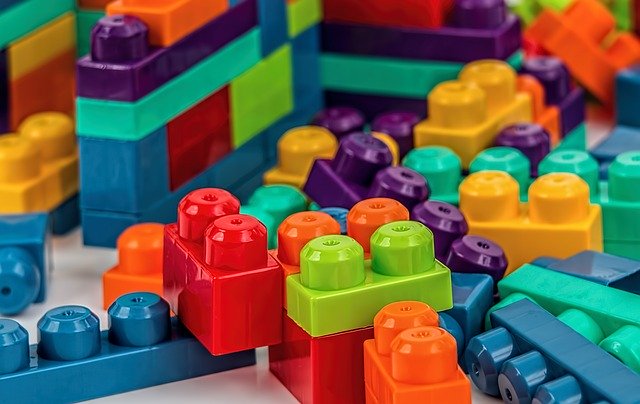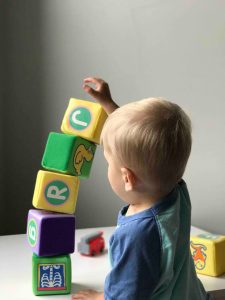What are the ways to boost the mental well being of young kids? What are cognitive activities for preschoolers? A young mind learns a lot from playing. If you have a preschooler, you might have realized how fast she learns while playing. Therefore, it is important for parents to create a healthy and inspiring playing environment for their young kids to motivate them to learn. Playing can help them to learn communication and counting. It can boost imagination and problem-solving skills.
What Are Cognitive Activities for Preschoolers?
Preschoolers learn from every activity. Their mind always explores new things and your active participation is a must to even speed up the process. While playing, you can help them to develop their thinking ability, creativity, and social skills. Here are a few tips that you can consider to engage the mind of your preschooler so that they can fully enjoy all of the advantages of preschool.

Which Activities Help Most?
As stated earlier, all the activities can be helpful for mental growth. You just need to create a new situation each time to enable them to learn something new from it. For example, when they will play with a similar age group, they will learn communication. They will try to communicate with each other. When you will introduce them to some games such as snakes and ladders, it will boost the problem-solving skills and will create interest as well. They will try to learn the new game. The same applies for other situations such as fundraising. In order to know the importance of fundraising and enjoy it, it’s key to know how to have a successful fundraiser in the first place.
When your preschooler is playing, you will have to be around to answer their curious minds. You should never come forward to help them unless they want it. Let them play independently so that they can manage things on their own when they will be alone at their school. When it comes to games, you can consider the following:
- Snakes and Ladders: This game will make your child organized and will introduce them to systematic playing. They will be familiar with numbers and counting.
- Read books whenever you have time: Use a language that your kid can easily understand. It is noteworthy that reading and storytelling is the best way to boost the imagination of your kids. Your little one will be more creative in nature. Also, they will try to read and find out what is written. This can help familiarize your child with the alphabet.
- Introduce construction games to your kids: This is ideal to improve problem-solving skills. It will also teach them patience. Ensure that you’re present while your child is playing this sort of game to guide them when they need help.
Conclusion
What are cognitive activities for preschoolers? Any game can contribute to the cognitive development of your preschooler. You just need to open up new possibilities so that your kids can explore new things at the preschool. With required exposure, they will get a better chance of learning. Every day, they will learn something new and will prepare themselves for the challenges ahead. If you still need more help with what you can do to help your child adjust to preschool, you should reach out to one near you.


 child learns how to find answers to their questions through conversations with their teachers and peers, experimentation and exploration.
child learns how to find answers to their questions through conversations with their teachers and peers, experimentation and exploration.